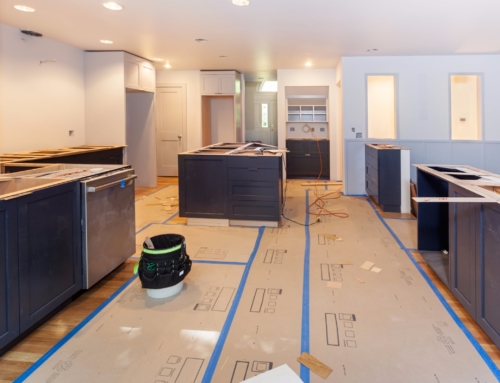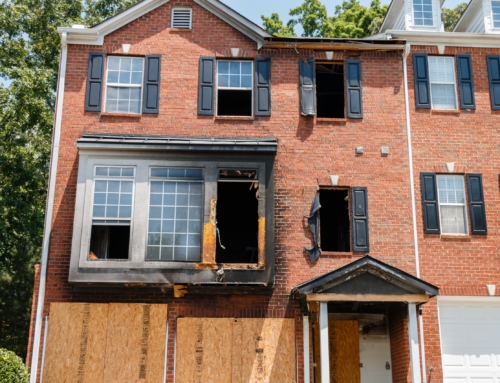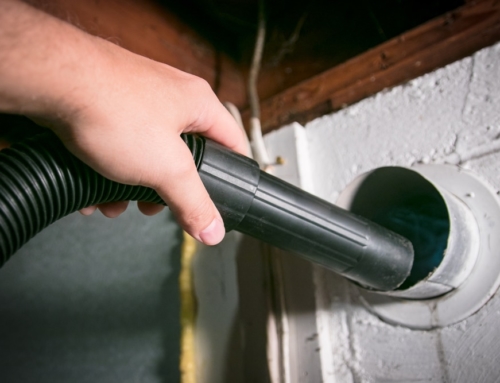If your house is damaged by a fire, the first step is to talk with your insurance company about what will be covered under the policy.

Q: I recently inherited my sister’s home that was badly damaged by fire and smoke. I do not want to keep the house. What is the best way for me to dispose of the property? I received a low offer from a person who would tear it down and build a new home on the property. He’s offering only what it cost to demolish the house. What should I do?
A: We are sorry for your loss and in particular if the loss had anything to do with the fire in the home.
We would suggest that you first determine if your sister had an insurance policy on the home. Most home insurance policies would cover the value of the home as it was, not as it stands today. If the home is a total loss, the insurance company might settle by paying you the policy amount for the home and for whatever contents where in the home. The policy may also cover other expenses, including the demolition of the home.
You’d be wise to see what the policy says and whether you can benefit from any coverage the home had. Try to find the policy amongst her papers and make a claim with the insurance company. If you can’t find documentation about the insurance policy and have no idea which insurance company insured the home, you can see if your sister had a mortgage on the home and if she did, find out from that mortgage company who the insurance carrier was.
You can also go through her bank records and see if she wrote out any checks to insurance companies or charged premiums on credit cards for those policies. Once you have the name of a company, you should be able to find if she had a policy with them.
If you have already settled with the insurance company, you are left with a piece of land with a damaged structure. If the home can’t be fixed and has no value, then the property’s only value is the value of the land on which the home sits, less the cost of demolishing the home.
Depending on where the lot is situated, you could decide to spend some money and demolish the residence but keep the lot to sell in the future. If you are not inclined to keep the lot and the property has little value, you may have to settle for this buyer and take whatever you can now.
The longer you keep the lot, the more it will cost you, and it will seem a waste of cash particularly if you don’t see any value in keeping the lot for the long term. You’ll have property taxes to pay. You’ll need to secure the home. You’ll need to have liability insurance in place to protect yourself from possible legal problems if someone gets hurt at the property. These expenses will mount.
It would be at this point that you might consult with a real estate agent or broker and have him or her give you an idea of what the lot is worth. In some cases, vacant lots in desirable areas are worth quite a bit of money. While in areas with a glut of homes, foreclosures and short sales, a single lot may have little value for now.
In fact, we suggest you talk to several agents or brokers who sell most of the property in the neighborhood. By asking these real estate professionals to give you a comparative market analysis for the property, you might get a better idea of what this property’s value is now and what it might be in the future.
With that information, you then can decide whether the offer you just received is right for you.






Leave A Comment